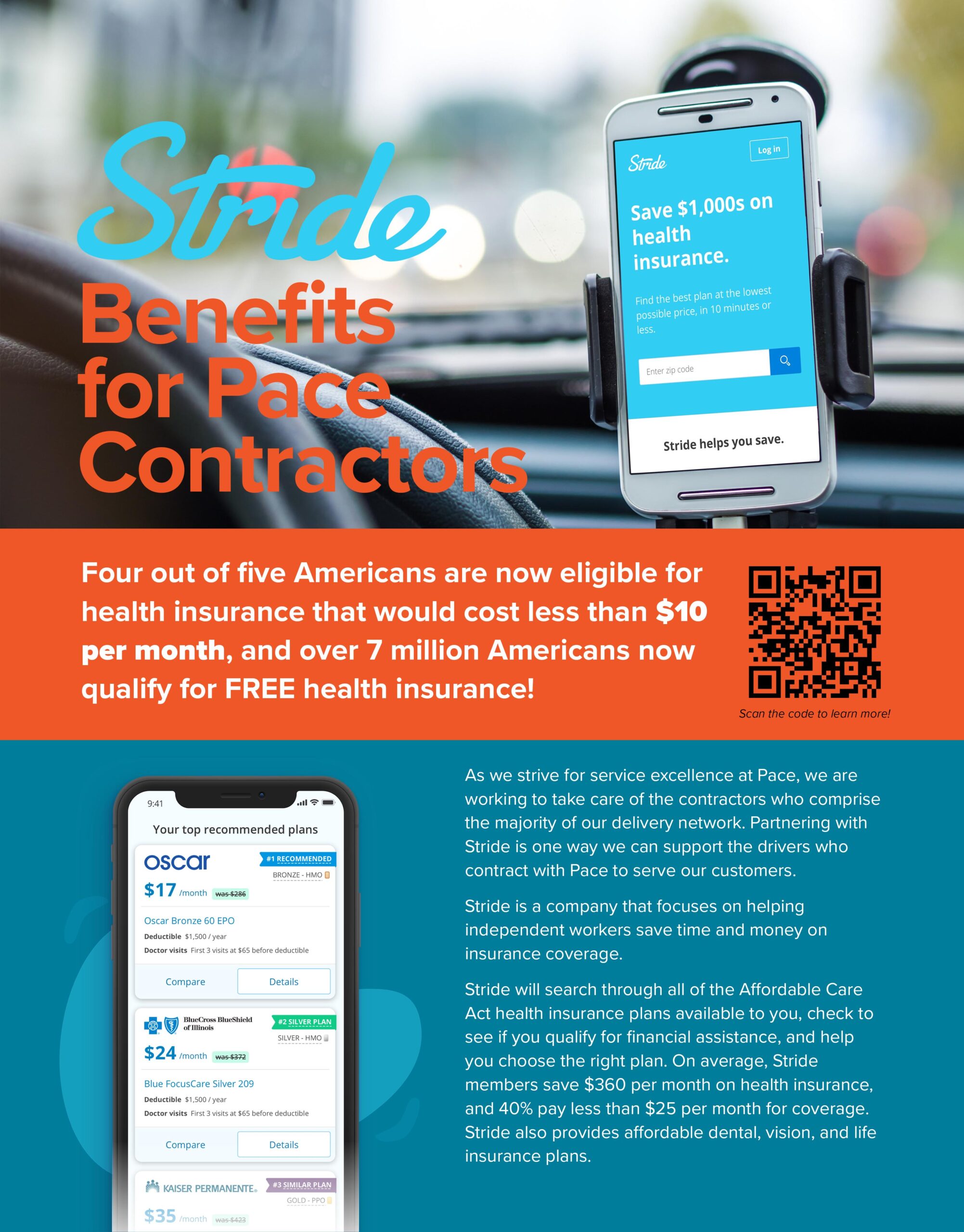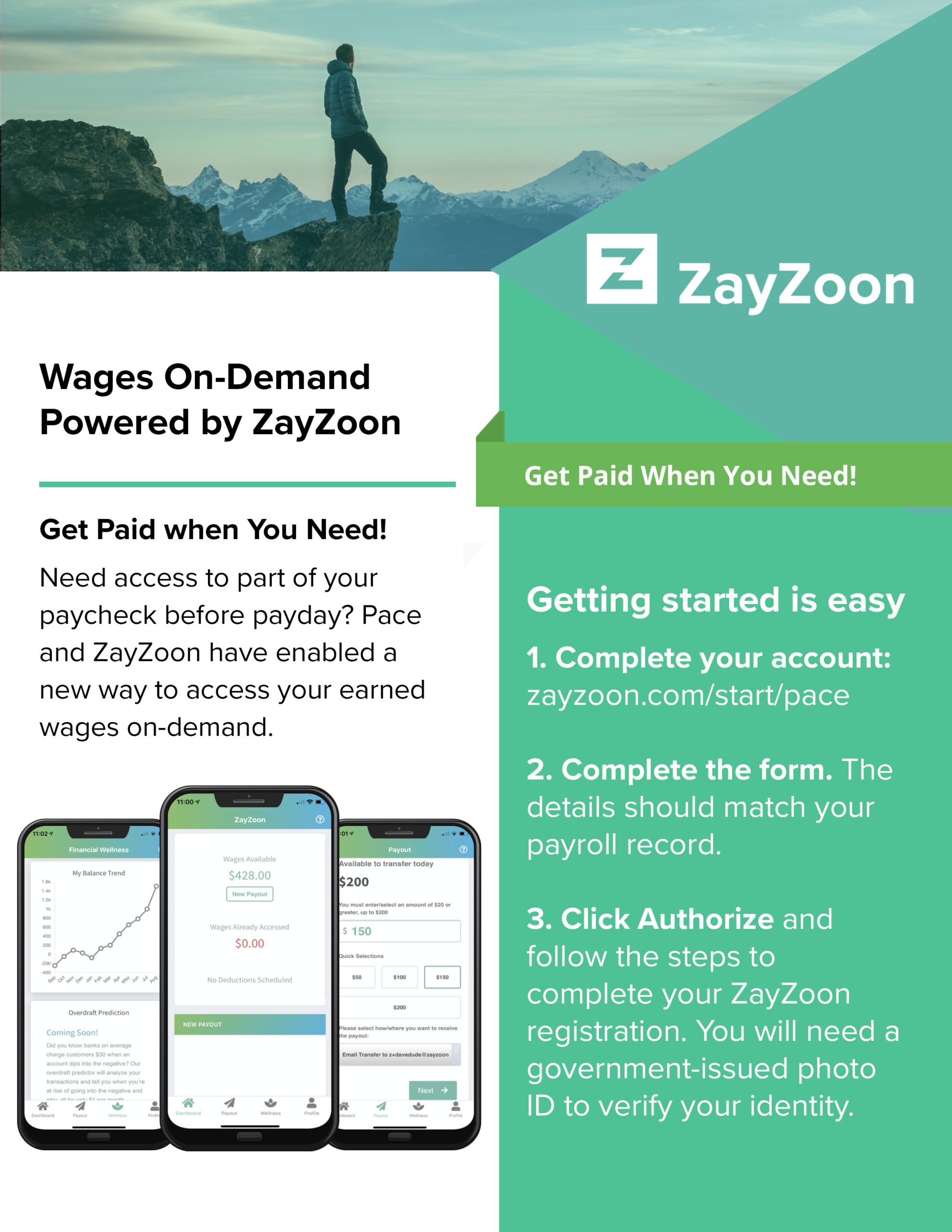
Electric Power Gains Momentum
Electric powered vehicles, long an alternative-fuel staple in the consumer market, have been much slower to gain acceptance in the commercial market. Several vehicle manufacturers, along with advocates in both the public and private sectors, are encouraging the adoption of electric freight vehicles for the logistics industry. While diesel will certainly remain – for now, at least – the most popular fuel choice for commercial vehicles, electric power is gaining momentum.
Many industry experts are convinced that electric vehicles have a real future in the logistics industry. Some analysts predict that in 10-15 years, roughly one third of all commercial vehicles will have either hybrid or full electric power. All major commercial truck manufacturers in the United States have introduced at least one electric truck, with plans to continue developing the technology necessary for wide scale adoption.
Overcoming Infrastructure Barriers
Until recently, electric commercial vehicles were largely impractical because of higher initial costs, range limitations, and lack of supporting infrastructure, such as recharging stations. Manufacturers are working with governmental agencies to overcome these barriers. Proponents have seen some success with electric trucks in real-world applications; however, many recent success stories are dependent on public and private partnerships to support the costs of developing technology. Experts warn that we will also need to improve the electric grid, because simply switching from diesel and gasoline to coal-fired power plants makes little environmental sense.
While electric trucks are still largely impractical in most parts of the country, the unique environmental and regulatory landscape of southern California has created a perfect incubator for this emerging technology. The state has used grant money to match private sector investments with an overall goal of reducing greenhouse gas emissions, but also to help offset the high costs of battery technology. Manufacturers hope that as technological advances and scalability help to bring down costs, the industry will rely less on government grants and incentives. Consequently, electric trucks will become more affordable, in line with diesel.
Several major vehicle manufacturers have deployed prototype electric trucks in fleet operations to further research and development, but also to prove the concept’s viability to skeptical customers. While most of this traffic is limited to short distance routes, industry experts see growth potential. Electric vehicles work well in repetitive route applications, such as garbage collection and final mile deliveries. Frito-Lay began using electric trucks for local deliveries in October 2019. Mack is planning to begin testing electric garbage trucks with New York City’s sanitation department. Peterbilt recently showcased three new electric truck models designed to match the performance of a diesel powertrain when used in short range applications.
Other major manufacturers are entering the market with similar examples. Volvo has partnered with California’s Air Resources Board using twenty-three vehicles to haul port freight over short distance routes in the Los Angeles area. Navistar has introduced a new line of electric trucks which includes a full-service consulting arm aimed at helping customers make the switch from diesel to electric as easy as possible.
Planning for the Future
Right now, diesel is still the most efficient fuel for commercial trucking applications in most areas. Even though electric will not replace diesel in the short run, most industry experts see electric power as the future of transportation, and the transportation industry has proven capable of impressive innovation. In August, The Pace Logistics Lab published Smart Warehouses: Where People + Technology = Success. Here, we explored the positive outcomes of innovation in the warehouse – where robots help reduce cost, improve safety, and enhance human work. Will moving the needle of innovation towards the mainstream application of electric vehicles in the transportation sector offer equally positive outcomes?
Market disruptors such as environmental regulations, the improvement of solar power generation, and wide-scale demand for reliable, low-impact vehicles continue to force the industry to explore new solutions. It may take another five, ten, even fifteen years for electric to gain dominance, but we know that as needs change, technology and innovation will help the industry to adapt, progress, and rise to the challenge.
Daimler Trucks North America President and CEO Roger Nielsen recently shared his thoughts on the future of the trucking industry and the role of electric vehicles. He believes that electric powered vehicles are the ultimate future of the industry, but also believes that it will take some time with advancements in other alternative fuels, including hydrogen fuel cells and compressed natural gas, to bridge the gap between today and what he sees for the future.
Nielsen and DTNA prefer to focus their attention on preparing for the electric future, instead of spending resources exploring other fuel alternatives. “Companies put a lot of money into CNG, which is an interim technology, which could mean it might last for 25 or 30 years, but it’s not the end game,” he explained. Nielsen also believes the industry as a whole must cooperate for electric technology to become viable. DTNA is working with the Charging Interface Initiative, an international group working to create a standard global electric vehicle infrastructure, such as a universal charging interface. “When you get unleaded fuel, you don’t want the Shell station to have a different nozzle than the Exxon station. To get the industry to cooperate on a universal charger is not easy, but I think we’re well on our way.”
Nielsen also believes that manufacturers must work with customers during the development process to ensure that the vehicles being made can adequately meet customers’ needs and preferences. Before, DTNA would develop a new vehicle and complete all testing itself before introducing it to the marketplace. But Nielsen wants customers involved in the process, both to ensure that they like the product and that drivers and support workers are familiar with electric trucks. Because electric trucks drive differently and require different service, DTNA wants to avoid surprises and make sure drivers are ready when the time comes to scale up. In addition to customer input, DTNA also offers a network of service providers to help customers avoid vehicle downtime as they transition to electric.
DTNA has learned a lot about what it takes to develop a viable electric truck. While many companies are quickly introducing their electric trucks to the market, Nielsen has learned the hard way that it can be a difficult process. “It’s more than just putting batteries on a truck. A vehicle is more than a powertrain. A customer wants his truck to be safe, dependable, reliable, which means everything from brake pads to the safety systems, to advance cruise control/adaptive cruise control, analog brakes, and even how does the truck handle different road conditions. …We have that kind of experience and we know what test conditions we are going to have to put these trucks through before a customer will be happy.”
There’s a bright future ahead for the logistics and transportation industry. Will electric trucks remain at the forefront?









